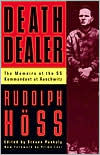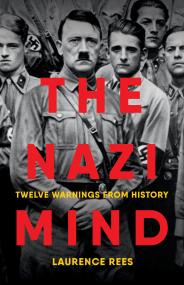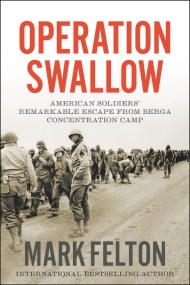By clicking “Accept,” you agree to the use of cookies and similar technologies on your device as set forth in our Cookie Policy and our Privacy Policy. Please note that certain cookies are essential for this website to function properly and do not require user consent to be deployed.
Death Dealer
The Memoirs Of The Ss Kommandant At Auschwitz
Contributors
By Rudolph Hoss
Formats and Prices
- On Sale
- Mar 22, 1996
- Page Count
- 414 pages
- Publisher
- Da Capo
- ISBN-13
- 9780306806988
Price
$21.99Price
$28.99 CADFormat
Format:
Trade Paperback $21.99 $28.99 CADThis item is a preorder. Your payment method will be charged immediately, and the product is expected to ship on or around March 22, 1996. This date is subject to change due to shipping delays beyond our control.
Buy from Other Retailers:
SS Kommandant Rudolph Höss (1900–1947) was history’s greatest mass murderer, personally supervising the extermination of approximately two million people, mostly Jews, at the death camp in Auschwitz, Poland. Death Dealer is a new, unexpurgated translation of Höss’s autobiography, written before, during, and after his trial. This edition includes rare photos, the minutes of the Wannsee Conference (where the Final Solution was decided and coordinated), original diagrams of the camps, a detailed chronology of important events at Auschwitz-Birkenau, Höss’s final letters to his family, and a new foreword by Auschwitz survivor Primo Levi. Death Dealer stands as one of the most important—and chilling—documents of the Holocaust.
Newsletter Signup
By clicking ‘Sign Up,’ I acknowledge that I have read and agree to Hachette Book Group’s Privacy Policy and Terms of Use






